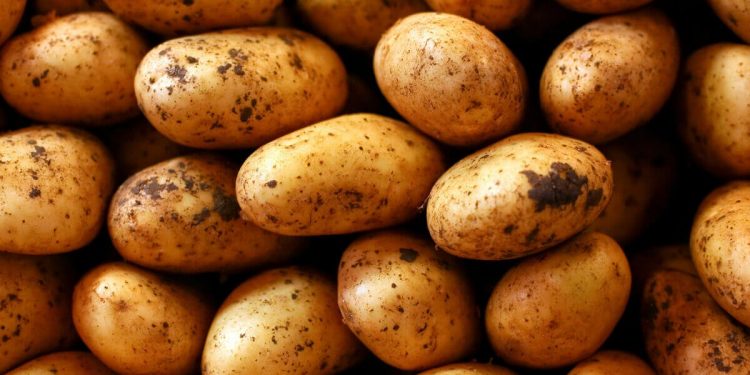In Mexico, cases of pesticide poisoning in potato and corn crops have raised a critical question: Can we farm the land more ecologically and sustainably? Saul Pérez Salazar, originally from Los Pescados, talks about his family’s journey from pesticide-related diseases to agroecology. After numerous cases of poisoning, they switched to agroecological methods with the support of agricultural engineers and government agencies. Now they not only grow a variety of crops without agrochemicals, but also distribute them through local associations. Saul emphasizes the essence of agroecology: growing without toxic materials and promoting social cohesion. By using bioresources sourced from local materials and manure, they lowered production costs and reduced dependence on chemical stockpiles. Result? Healthier crops, healthier families and a sustainable agriculture model that prioritizes the well-being of society.
Saul Pérez Salazar’s journey exemplifies the transformative power of agroecology in mitigating the adverse effects of agrochemicals on human health and the environment. His story highlights the importance of moving towards sustainable agricultural practices for the well-being of farmers, consumers and the planet as a whole.




